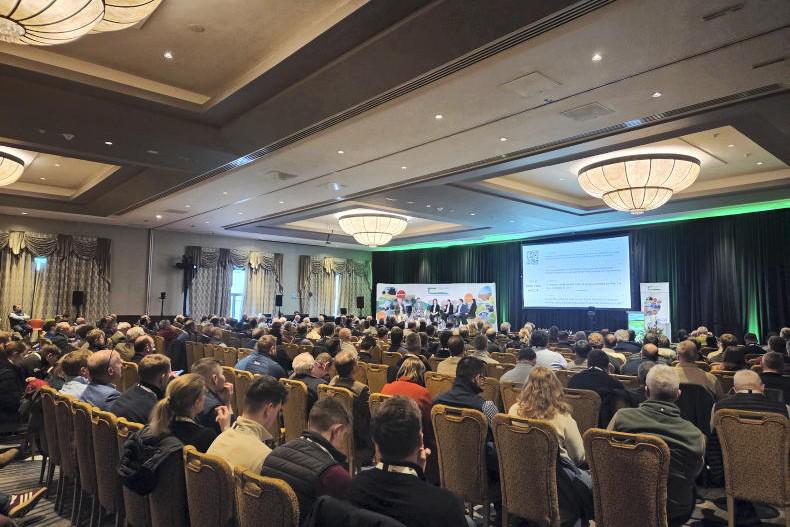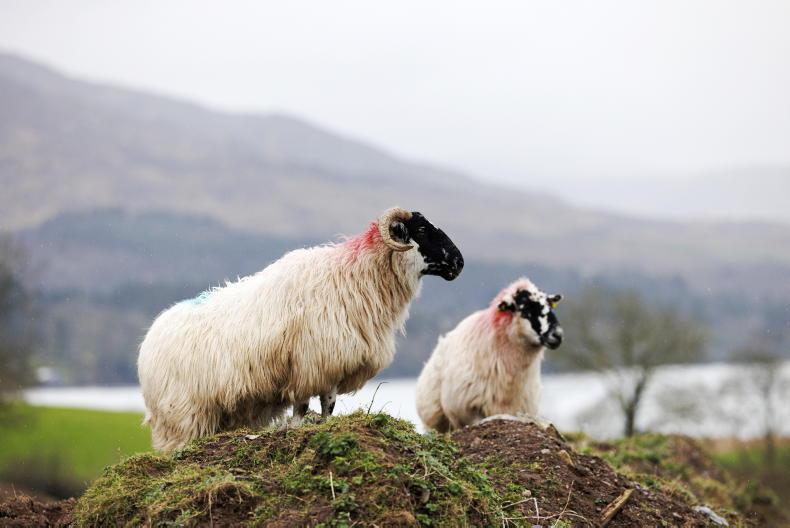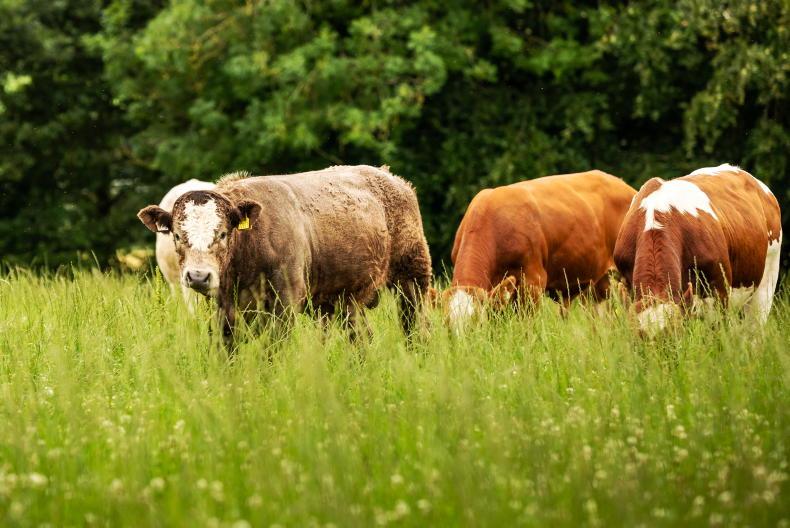It’s been a long-term article of faith that Ireland should be to the forefront in defending the common Brussels-based funding of the Common Agricultural Policy (CAP). The policy and the logic behind it are, in principle, as appropriate now as when we joined the European Union in 1973.
However, there are new factors at work.
The most fundamental has been the replacement of price guarantees with direct payments. Direct payments were always going to be liable to political influence and gradually, their link to levels of output has become increasingly stretched. The trend towards capping and especially convergence has meant that a trend towards less efficient production has emerged.
The almost total reliance on direct payments for profit rather than market returns in some enterprises has been portrayed as being an anomaly. But as we trend towards world prices in sheep, beef and cereals – the sectors where the cuts in guaranteed prices were greatest at around 30% – it’s not surprising that the direct payments make up the vast bulk of the profit.
With the proposed cut in the EU budget, partly as a result of Brexit but also because of funds needed for migration, defence and broad climate change measures, a proposed significant reduction in CAP spending was inevitable. The seven-year EU budget talks face the determination of those against any increase versus the enlarged spending plans of those looking at what Europe needs to do. So what should Ireland’s position be? There is a lot on the menu.
On the agriculture side, it’s clear that the Irish economy is becoming increasingly unbalanced. We should, for the long-term, maintain the principles of price supports and direct payments remaining in a fully Brussels-funded Pillar I regime. But much more imagination is going to be needed in deciding what the national priorities for Pillar II should be.
This should form one of the main strands for the Tom Arnold-chaired committee to chart the future of Irish agriculture to 2030 to examine and come up with innovative views and proposals.
We should not be afraid to push for policies that reflect new national priorities in rural regeneration.
Read more
Brexit ‘far from over’ for farmers
It’s been a long-term article of faith that Ireland should be to the forefront in defending the common Brussels-based funding of the Common Agricultural Policy (CAP). The policy and the logic behind it are, in principle, as appropriate now as when we joined the European Union in 1973.
However, there are new factors at work.
The most fundamental has been the replacement of price guarantees with direct payments. Direct payments were always going to be liable to political influence and gradually, their link to levels of output has become increasingly stretched. The trend towards capping and especially convergence has meant that a trend towards less efficient production has emerged.
The almost total reliance on direct payments for profit rather than market returns in some enterprises has been portrayed as being an anomaly. But as we trend towards world prices in sheep, beef and cereals – the sectors where the cuts in guaranteed prices were greatest at around 30% – it’s not surprising that the direct payments make up the vast bulk of the profit.
With the proposed cut in the EU budget, partly as a result of Brexit but also because of funds needed for migration, defence and broad climate change measures, a proposed significant reduction in CAP spending was inevitable. The seven-year EU budget talks face the determination of those against any increase versus the enlarged spending plans of those looking at what Europe needs to do. So what should Ireland’s position be? There is a lot on the menu.
On the agriculture side, it’s clear that the Irish economy is becoming increasingly unbalanced. We should, for the long-term, maintain the principles of price supports and direct payments remaining in a fully Brussels-funded Pillar I regime. But much more imagination is going to be needed in deciding what the national priorities for Pillar II should be.
This should form one of the main strands for the Tom Arnold-chaired committee to chart the future of Irish agriculture to 2030 to examine and come up with innovative views and proposals.
We should not be afraid to push for policies that reflect new national priorities in rural regeneration.
Read more
Brexit ‘far from over’ for farmers










SHARING OPTIONS